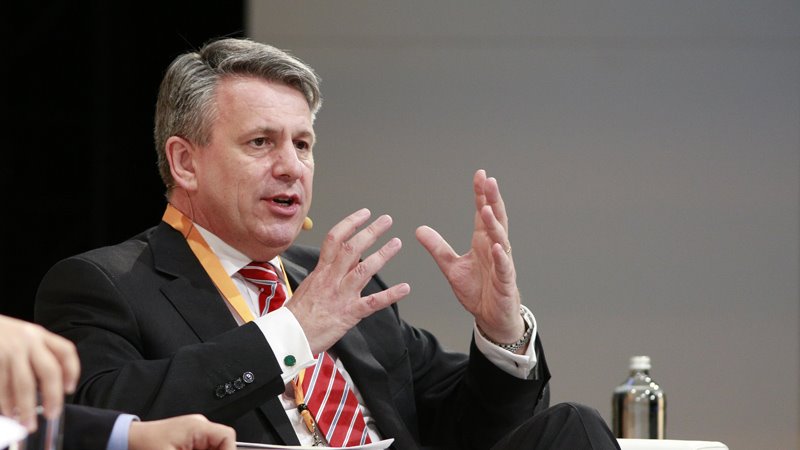
In The National newspaper, Shell CEO Ben van Beurden writes about the importance of oil and gas alongside renewables to drive the Middle East's energy future.
Electric vehicles quietly cruise the streets of the United Arab Emirates. Wind turbines turn on a hilltop in Jordan. Global companies compete to build Saudi Arabia’s first major solar power plant. And in Oman, the government promotes the use of solar panels on homes to cut electricity costs.
New energy trends are emerging across the Middle East as countries pursue their visions of a lower-carbon future. But, as the population increases and standards of living improve, these countries also face the challenge of meeting rapidly rising energy demand.
Across the region, energy consumption is expected to outstrip the rate of increased use globally in the coming decades, according to the World Energy Council. How can governments meet such demand while also significantly cutting emissions of the greenhouse gases that contribute to climate change?
Renewable energy sources, such as solar and wind, will play a key role. But they can only provide some of the answer. Such sources produce electricity, which currently delivers around 20% of the world’s energy needs. Over time, with the greater electrification of energy systems, the role of renewables will grow.
But while the emergence of the new energy future in the Middle East is exciting, there continues to be a need for investment in oil and gas projects to power economies on the road to a lower-carbon future. For instance, industrial processes, petrochemicals and transport such as aircraft, ships and trucks will depend on oil and natural gas for the foreseeable future.
Through digital technologies, and by finding opportunities to combine oil and gas with renewables, compelling new projects in the UAE and across the region can meet demand more efficiently and contribute to prosperity in the process.
In natural gas, the cleanest-burning fossil fuel, we have an energy source that bridges the traditional and the new, today and the future. In the Middle East, and globally, it exists in abundance. Countries such as Iraq, Saudi Arabia, Egypt and the UAE are stepping up gas production.Its economic and environmental benefits are clear.
Gas is a versatile fuel that works across an entire economy. It can light, cool or heat homes and businesses and is a key ingredient in petrochemicals. It can fuel cars, trucks and ships.
And it produces the extremely high temperatures needed to make essentials such as iron, cement and steel – the heavy industry which renewables cannot currently power. When used to generate electricity, natural gas produces less carbon dioxide and far less local air pollution than other fossil fuels.
Importantly, it is a reliable partner for renewable projects like solar power plants or wind farms. Gas-fired power stations can be turned on quickly to meet demand if there is no sun or no wind.
Developing new projects is essential to fuel the region’s rapid economic growth. But, in line with the drive towards a cleaner energy system, new oil and gas projects need to be more efficient. At Shell, we are working hard to achieve this.
This article was first published in The National on November 13, 2017.